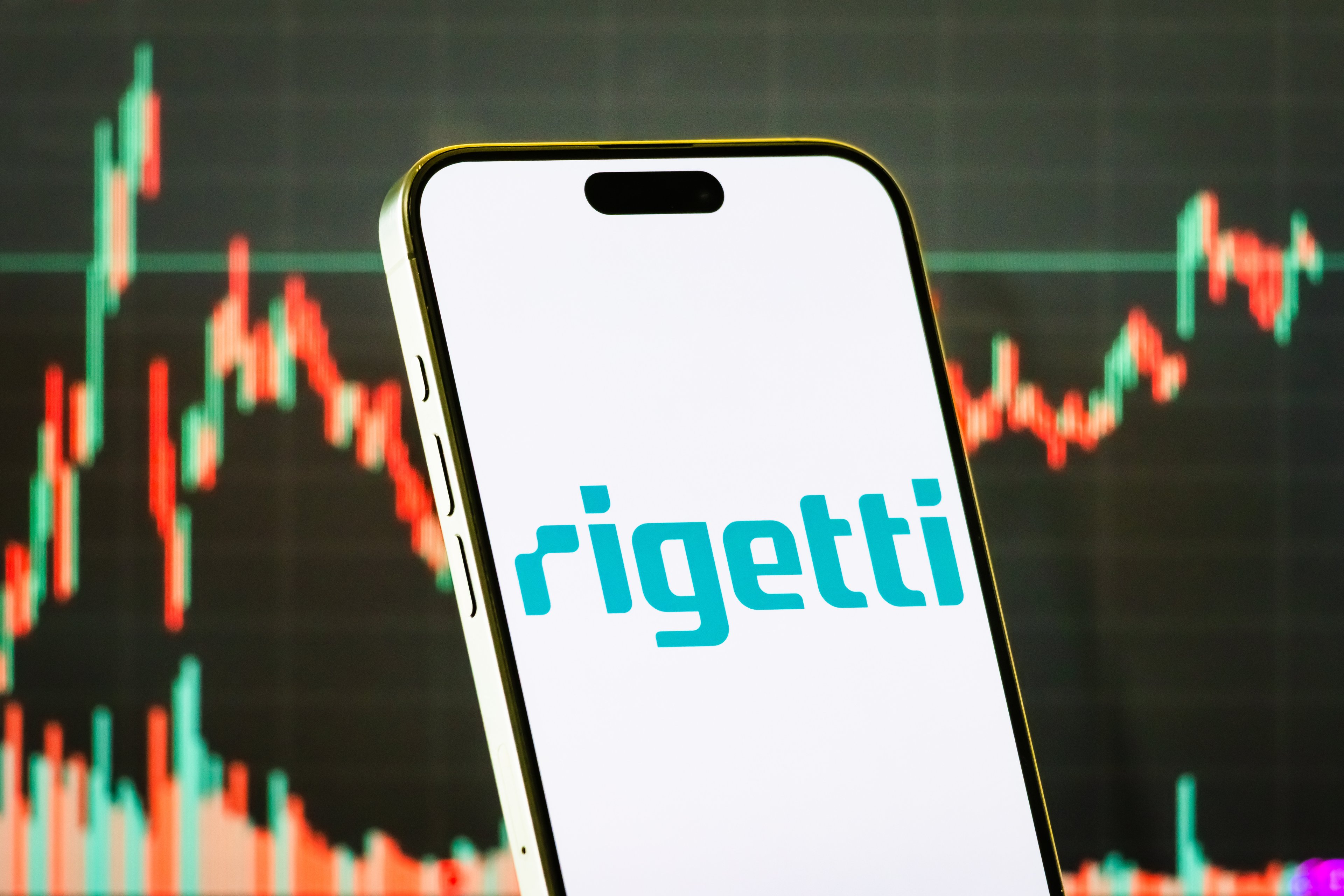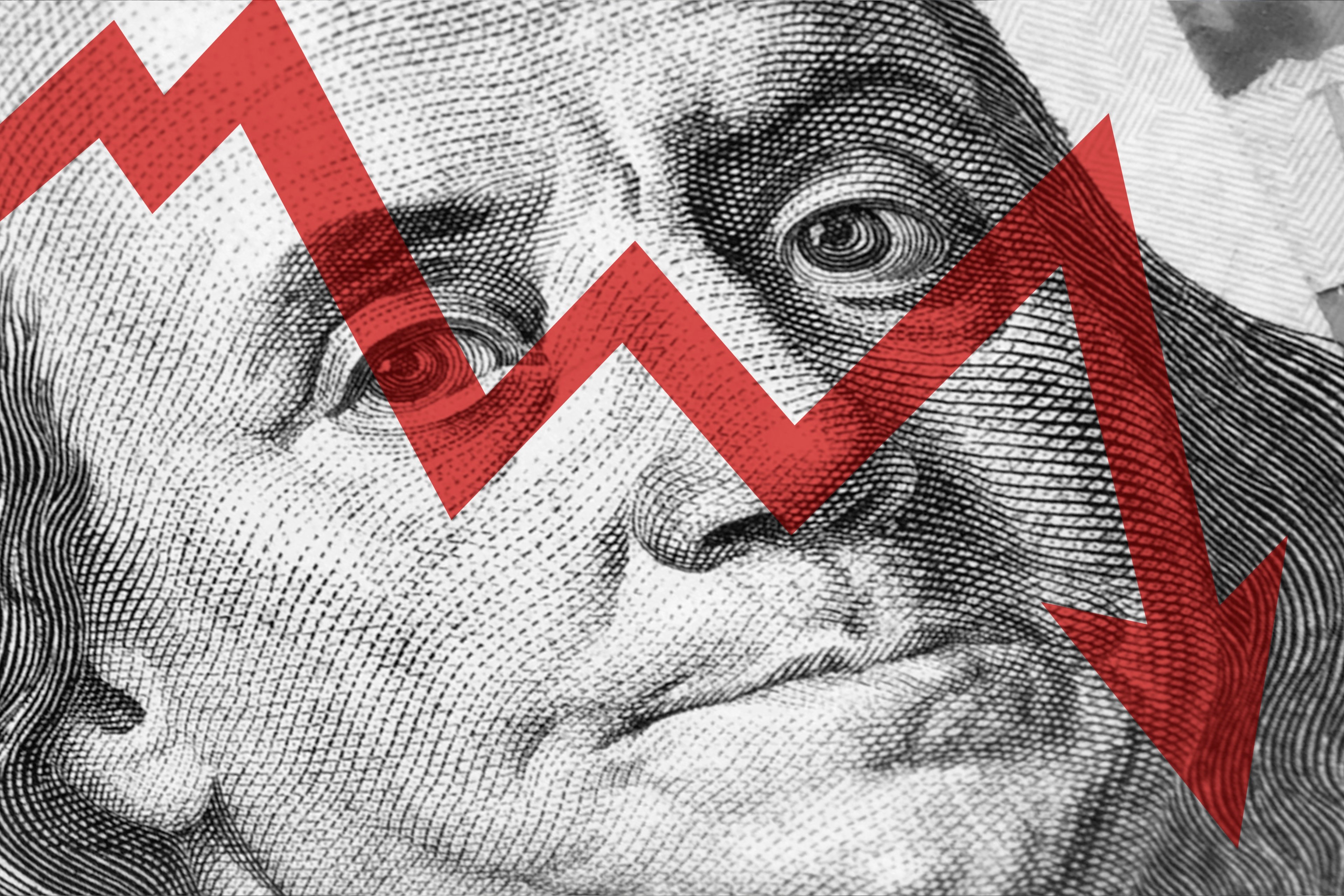The high-flying quantum computing sector got a significant lift from JPMorgan Chase (JPM +1.04%) when the largest bank in the U.S. recently announced it would invest billions into 27 sub-areas that are critical to national economic security including quantum.
Investors have been driving up several quantum computing stocks, most of which have little to no revenue, on the possibility that quantum technology will produce the next iteration of the computer and maybe even the internet. JPMorgan's recent announcement clearly served as a shot of adrenaline for the sector. Here's why.
Investors want to see the industry develop
Unlike traditional computers, which are built on bits, the smallest units of digital data, quantum computers use qubits. Qubits exist in a state of superposition, enabling them to handle significantly more data and evaluate various solutions simultaneously. This allows them to compute calculations that are believed to be far beyond those of even the most sophisticated supercomputers available in the market today.

Image source: Getty Images.
But there's building a quantum computer, which several companies have already done and are now working to perfect, and then there's commercializing quantum computers, which is still a big question in the thesis. JPMorgan recently announced a $1.5 trillion Security and Resiliency Initiative that will include direct equity and venture capital investments to be carried out over the next decade.
"It has become painfully clear that the United States has allowed itself to become too reliant on unreliable sources of critical minerals, products and manufacturing -- all of which are essential for our national security," JPMorgan's longtime CEO and Chairman Jamie Dimon said in a statement. Dimon has always emphasized the importance of civic duty, which could explain some of the motive behind this new initiative.
Within the announcement, the $4 trillion-plus bank also cited 27 sub-areas targeted for investment including quantum computing. This seemed to excite investors greatly and send a shot of adrenaline through the sector, sending stocks like D-Wave Quantum and Rigetti Computing up 23% and 25%, respectively, on Oct. 13.
Investors should understand that right now, most if not all of these stocks are making very little in revenue and still losing a lot of money. Yet, D-Wave and Rigetti now have market caps of roughly $15 billion and $18 billion, respectively, so trying to value these stocks based on traditional metrics like earnings and revenue doesn't make any sense. The bet is on these companies making quantum computers that are as revolutionary as researchers hope, and being able to commercialize the products.

NASDAQ: RGTI
Key Data Points
Both Rigetti and D-Wave have made notable progress, which likely explains why their stocks have appreciated astronomically over the past year. But beyond that, investors are looking for industry support, whether it's government initiatives or contracts or funding from well-known players like JPMorgan. The announcement alone shows that the analysts at the large bank see significant potential and importance in quantum.
A few weeks ago, B. Riley Securities analyst Craig Ellis, who covers quantum stocks, wrote in a research note that the quantum sector's progress with regard to the technology and commercialization is moving faster than expected. Ellis also pointed out the U.S. Department of Energy's National Laboratories now seems to be a lot more focused on the commercialization of quantum tech than they once were when they focused more on the research component of the technology.
It's still a high-risk, high-reward play
Seeing big players like JPMorgan Chase and the government get more interested in the space and actually invest money is a shot of adrenaline for the sector. But I still think investors should be cognizant of the fact that this is still a high-risk, high-reward play. If the tech turns out to be less impressive than expected, or there are significant barriers to commercialization that emerge, pure-play stocks like D-Wave and Rigetti could get hit hard, and these stocks are already up massively.
For this reason, I think any investment in pure-play quantum stocks should be small and speculative at this time, and consume an immaterial part of your portfolio.







